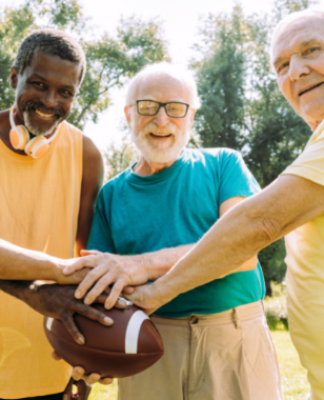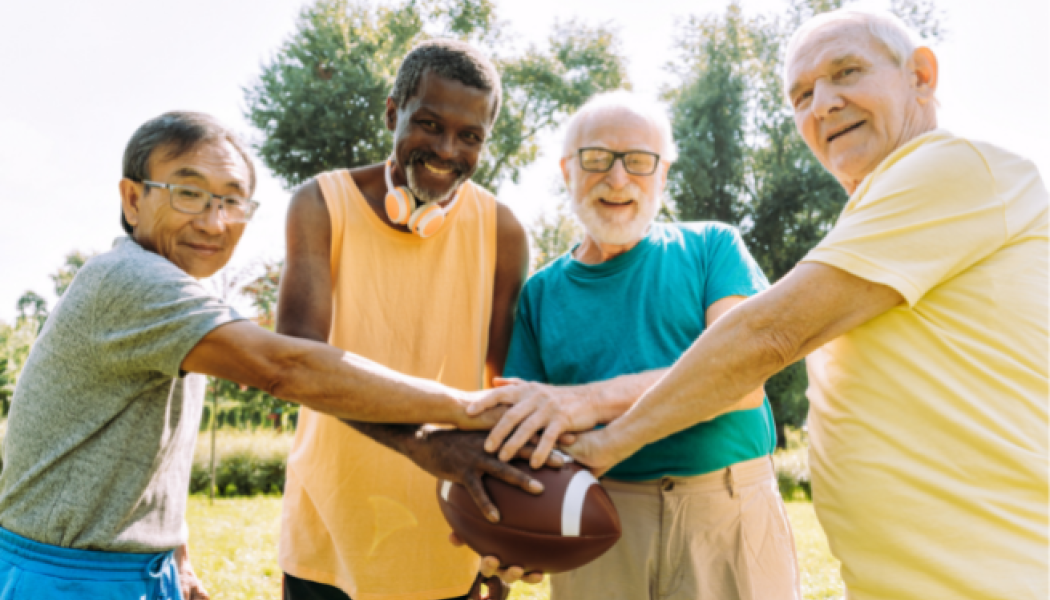When you think about diversity and inclusion, do you consider age?
Research shows that age is often missing in the diversity and inclusion conversation. Yet our unconscious biases, thoughts, feelings and actions about aging have direct consequences for young and old alike.
“Ageism is when age is used to categorize people in a way that results in harm, or being disadvantaged. It can also occur when age is used to divide people and injustice occurs, such as when institutional policies or practices perpetuate the stereotypes or beliefs about aging,” says Shannon Paul-Jost, a clinical nurse specialist in gerontology.
For example, according to the World Health Organization (WHO), older adults in the workplace are disadvantaged when they try to access specialized training and education. Ageism towards younger individuals is also apparent in areas such as employment, health, housing, and politics, where the youth voice is often denied or dismissed.
For older adults, the impacts of ageism have wide-ranging consequences and is "associated with poorer physical and mental health, increased social isolation and loneliness, greater financial insecurity, decreased quality of life and premature death," according to a report from the WHO.
To combat ageism, there are several strategies that can reduce prejudice and improve thoughts, feelings and actions towards aging:
- Creating educational activities that focus on building empathy, creating compassion and dispelling misconceptions, to support people at any age;
- Being strategic with planning and ensuring events and activities are intergenerational to promote well-being and reduce stereotypes;
- Developing organizational practices and policies that do not categorize people by age; and
- Supporting legislation that addresses ageism.
Learn more:















